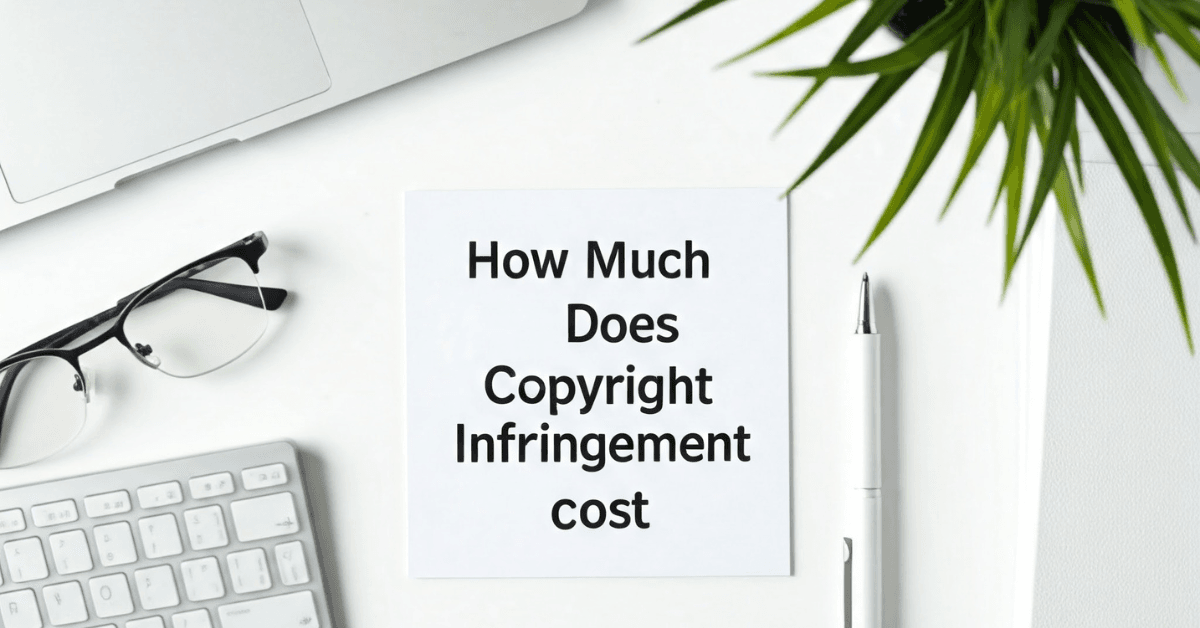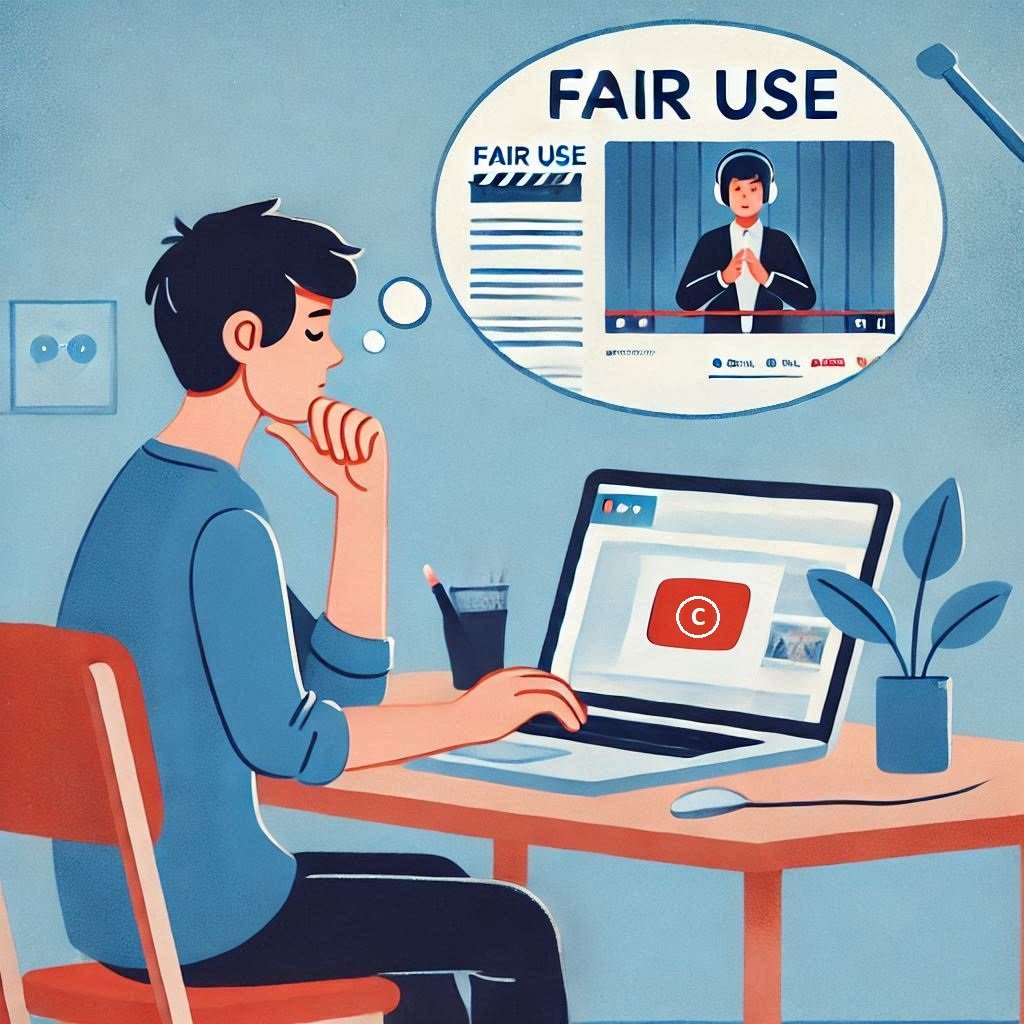In the age of social media, memes have taken over the internet. Whether it’s a funny picture with text or a viral video clip, memes are everywhere. But have you ever wondered: Are memes copyrighted? Can you freely use them without legal consequences? Let’s look into the legal side of memes and find out what you need to know.
What Constitutes a Meme?
A meme is an idea, joke, or trend that spreads quickly among people, often in the form of a picture, video, or text. It’s usually funny, relatable, or thought-provoking and often includes a combination of an image with witty captions.
For example, the classic “Distracted Boyfriend” meme combines a specific image with different captions to represent various situations.
Memes are typically modified by users to convey different meanings and emotions. They can originate from pop culture, TV shows, movies, or even everyday moments captured in images.
Are Memes Copyrighted Or Free To Use?
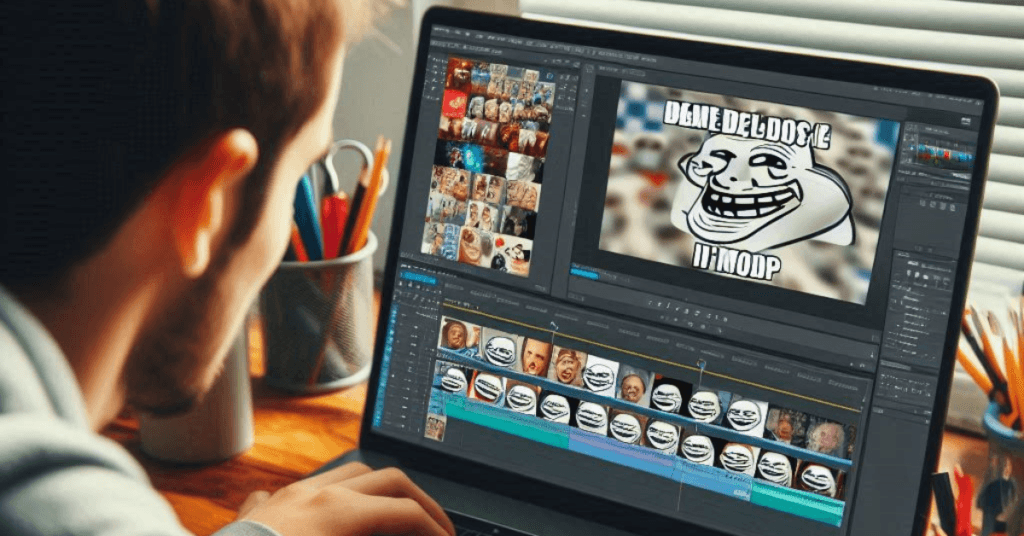
Memes can be copyrighted because they often use images, videos, or content that belong to someone else. For example, a meme might use a scene from a movie or a famous photo, which are protected by copyright laws.
Did you know that even a 10-second meme could put you in trouble? It’s true! While memes are wildly popular and feel like they’re free to use without limits, copyright law has other ideas. That hilarious clip you just shared or used in your post—if it belongs to someone else and you don’t have permission—could mean you’re violating copyright laws.
If you share a meme on social media for personal, non-commercial use, it is generally not a legal issue. Social media platforms like Twitter, Instagram, and Facebook thrive on meme culture, and copyright holders rarely take action against casual sharing.
However, if you use memes for business marketing, advertisements, or monetized content, you could face legal challenges.
Can You Get in Trouble for Using Memes?
Yes, technically, you can get in trouble for using a meme if it is copyrighted material. The first rule of copyright is simple: Only upload videos you have created yourself or have permission to use. This means you shouldn’t post videos, music, or other content that someone else owns unless you’ve gotten their permission. It’s important to respect others’ rights to their work.
Many memes originate from copyrighted images, videos, or other creative content. If you use a meme for commercial purposes or in a way that harms the original creator’s rights, you could face legal consequences.
However, most creators don’t actively pursue legal action if the memes are used for educational or non-commercial purposes.
Are Memes Protected by Fair Use?

The Fair Use Doctrine in U.S. copyright law allows for the limited use of copyrighted material without permission. Courts consider four key factors to determine whether meme usage qualifies as fair use:
- Purpose and character of use – If a meme is used for parody, commentary, or education, it is more likely to be considered fair use.
- Nature of the copyrighted work – If the original work is factual rather than purely creative, fair use is more likely to apply.
- Amount and substantiality – Using a small portion of the original work increases the chances of fair use protection.
- Effect on market value – If the meme does not harm the copyright owner’s ability to make money from the original work, it may qualify as fair use.
Example of Fair Use in Memes
A meme that takes a famous movie scene and adds humorous text for commentary might be protected under fair use. However, if a business sells T-shirts with that meme image, it likely violates copyright laws.
Are There Any Cases Where Copyright Owners Sued Over Memes?
Yes, there have been several cases where copyright owners have taken legal action over meme use. Here are some notable examples:
1. Grumpy Cat Lawsuit (2018)
- Case: Grumpy Cat Limited v. Grenade Beverage
- Details: The owners of the famous “Grumpy Cat” meme sued a coffee company for exceeding the agreed-upon license for using the cat’s image. The court ruled in favor of Grumpy Cat Limited, awarding them $710,000 in damages.
2. Pepe the Frog (2017 & 2019)
- Case: Matt Furie v. Infowars and others
- Details: Matt Furie, the creator of Pepe the Frog, filed a lawsuit against Infowars after they used Pepe’s image on a “MAGA” poster that was sold commercially without his permission.
- The court ruled in Furie’s favor, affirming that meme popularity does not diminish the copyright holder’s rights, and Infowars’ use of Pepe was unauthorized.
- The decision emphasized that using copyrighted material for profit without permission typically does not qualify as fair use.
3. Distracted Boyfriend Meme (2017)
- Case: Antonio Guillem’s copyright claims
- Details: The “Distracted Boyfriend” meme, based on a 2015 stock photo by Antonio Guillem, sparked copyright concerns when widely shared online. Though the image is protected by copyright and licensed through stock photo agencies, Guillem has not filed lawsuits against non-commercial uses. However, unauthorized commercial or bad faith use of the meme could lead to legal action. This case emphasizes the importance of licensing and respecting copyright laws, even for viral internet memes.
4. Dancing Baby (2016) – Fair Use Ruling
- Case: Lenz v. Universal Music Corp.
- Details: A mother posted a video of her baby dancing to Prince’s Let’s Go Crazy. Universal issued a takedown under the DMCA, but the case led to a ruling that copyright holders must consider fair use before issuing takedowns.
Most lawsuits arise when memes are used commercially rather than just shared online. In many cases, fair use can protect meme creators and users, but it depends on how the meme is used.
These cases show that while meme culture thrives on free sharing, copyright owners still have legal rights.
How to Check If a Meme Is Copyrighted?
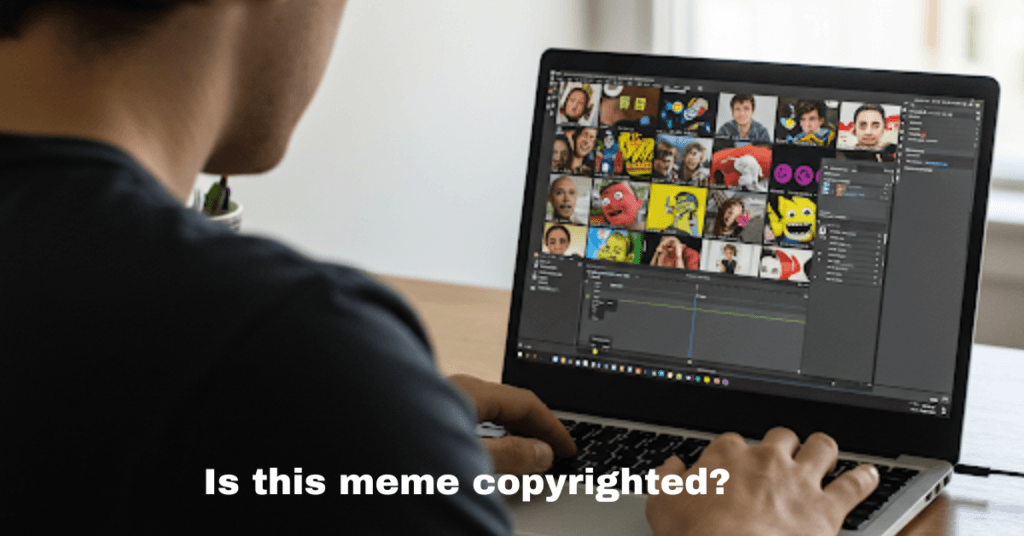
Before using a meme, especially for commercial purposes, follow these steps to determine if it is copyrighted:
- Search for the original source – Use reverse image search tools like Google Images or TinEye to find the original creator.
- Check stock photo websites – If the meme originates from a stock photo site (e.g., Shutterstock, Getty Images), it is likely copyrighted.
- Look for watermarks or credit lines – Watermarks indicate ownership, meaning you need permission to use the content.
- Read the platform’s copyright policies – Social media sites often specify whether content is free to use or not.
- Contact the original creator – If unsure, ask the creator for permission to use the image or video.
How Can You Avoid Copyright Issues with Memes?
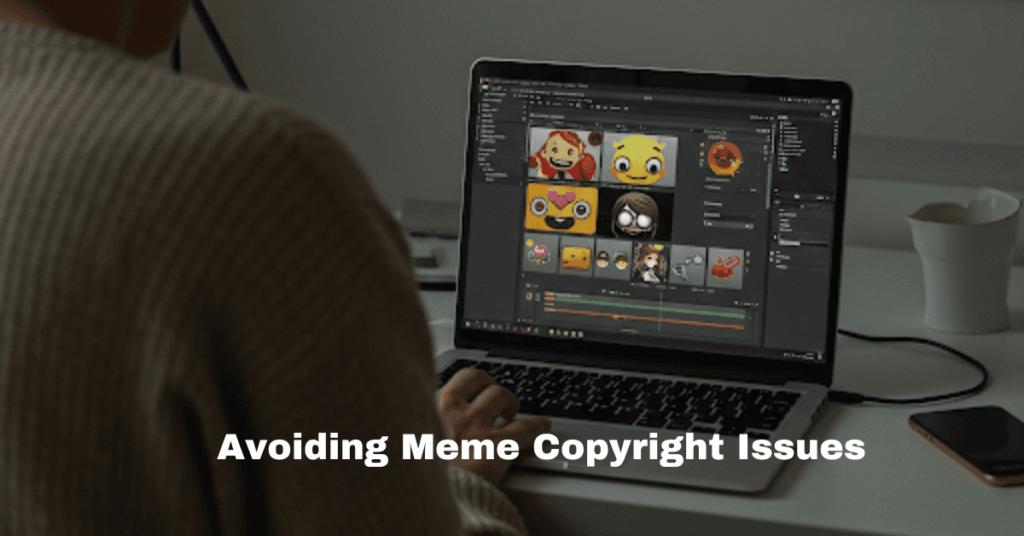
According to the copyright policies of Instagram, when someone is using Instagram or other social media platforms, you can only post content that doesn’t violate someone else’s intellectual property rights.
The safest way to follow copyright laws is to post content you’ve created yourself. Using content you don’t own or have permission to use, even unintentionally, can lead to copyright infringement.
Here are key things to keep in mind:
- Giving Credit Isn’t Enough: Just because you give credit to the original creator doesn’t mean you have the right to use their work.
- Disclaimers Don’t Protect You: Adding a disclaimer, like “no copyright infringement intended,” doesn’t protect you from liability.
- “Fair Use” Is Not a Guarantee: Thinking your use falls under “fair use” doesn’t guarantee legal safety.
- Non-Commercial Use Can Still Violate the Law: Even if you’re not making money from it, using someone else’s content without permission could be a violation.
- Owning Content Doesn’t Mean Sharing Rights: Legally purchasing or downloading something (like a movie, song, or eBook) doesn’t give you the right to share or reuse it.
- Alteration Doesn’t Equal Ownership: Changing or remixing the content doesn’t automatically make it yours to use.
- Not Everything Online Is Free to Use: Just because you found it online doesn’t mean it’s free to use.
- Event Recordings Have Restrictions: Recording content yourself at an event or performance doesn’t mean you can legally post or share it.
- “Everyone Else Is Doing It” Isn’t a Defense: If others are sharing the same content, that doesn’t make it okay for you to do so, too.
Always ask: Did I create this content, or do I have proper permission to use it? When in doubt, it’s better to play it safe than risk violating copyright laws.
Before posting, ask yourself:
- Did I create all this content myself?
- Do I have permission to use any content I didn’t create?
- Does my video is for commercial or non-commercial purpose?
- Does my use fall under exceptions like fair use or public domain?
When in doubt, it’s best to get written permission from the content’s creator or ensure it’s legally usable.
Best Practice to Use Memes
- You can use content in the public domain, under a fair use exception, or
- Under copyright law, certain uses of copyrighted material may qualify as “fair use,” such as for purposes of commentary, criticism, news reporting, teaching, scholarship, or research.
- You can obtain rights to use copyrighted content by acquiring a license from platforms like stock image websites (e.g., Shutterstock, Adobe Stock, or Getty Images).
Posting responsibly protects both you and the original creators.
Final Thoughts: Should You Worry About Meme Copyright?
Are memes copyrighted or free to use is a big question for every social media user, especially if the video is for commercial use. For casual social media users, sharing memes is unlikely to cause legal trouble. However, businesses, content creators, and marketers should be cautious when using copyrighted material for commercial purposes. While fair use provides some protection, understanding copyright laws and respecting creators’ rights is always the best approach.


